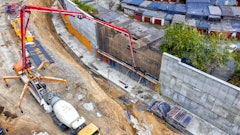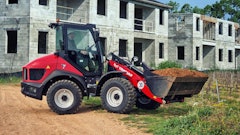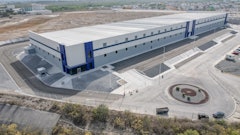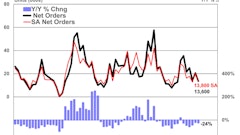
The U.S. Supreme Court unanimously agreed with the American Road & Transportation Builders Association (ARTBA) and its allies, suspending the U.S. Environmental Protection Agency’s (EPA’s) seemingly automatic presumption of the need for a wetlands permit on all needed infrastructure and residential improvements.
ARTBA, the only transportation construction association involved in Sackett v. U.S. EPA, joined with 11 other associations in filing a brief last year, urging the Court to correct a fundamental problem with the Clean Water Act’s wetlands approval process, forcing parties to secure a permit in order to determine whether or not the permit was actually required in the first place. As such, projects are compelled to obtain permits they might not actually need—adding delay and cost.
The ruling will force EPA to make substantial changes to its permitting process and help interject more certainty for current and future transportation projects.
“There is no reason to think that the Clean Water Act was uniquely designed to enable the strong-arming of regulated parties into ‘voluntary compliance’ without the opportunity for review — even judicial review of the question whether the regulated party is within the EPA’s jurisdiction,” Justice Antonin Scalia wrote in the Court’s decision.
It marks the second major legal victory for the transportation construction industry from the nation’s highest court since late-February. On February 22, the Court also ruled unanimously in ARTBA’s favor by refusing to widen the scope of the federal Clean Water Act. In PPL Montana, LLC v. Montana, the Court addressed the issue of “navigable waters” and removed a road block that could have needlessly delayed transportation improvements.
Read the full text of the association’s brief on Sackett v. U.S. EPA.



























